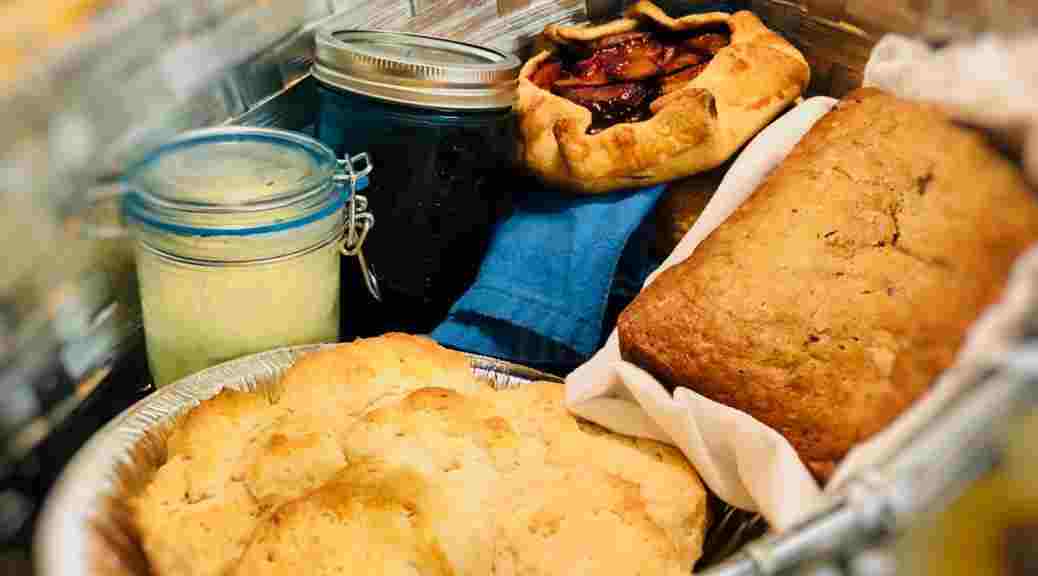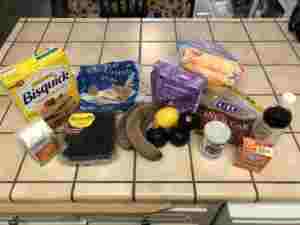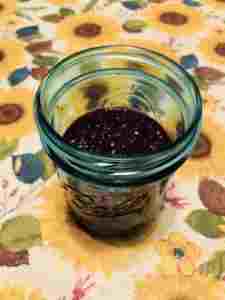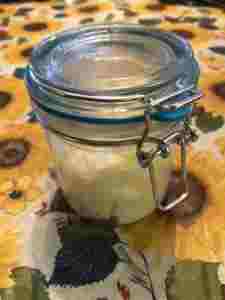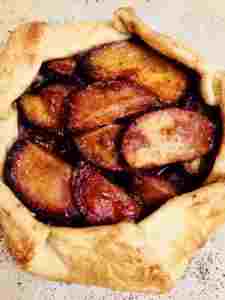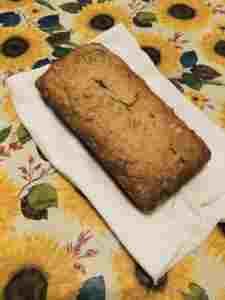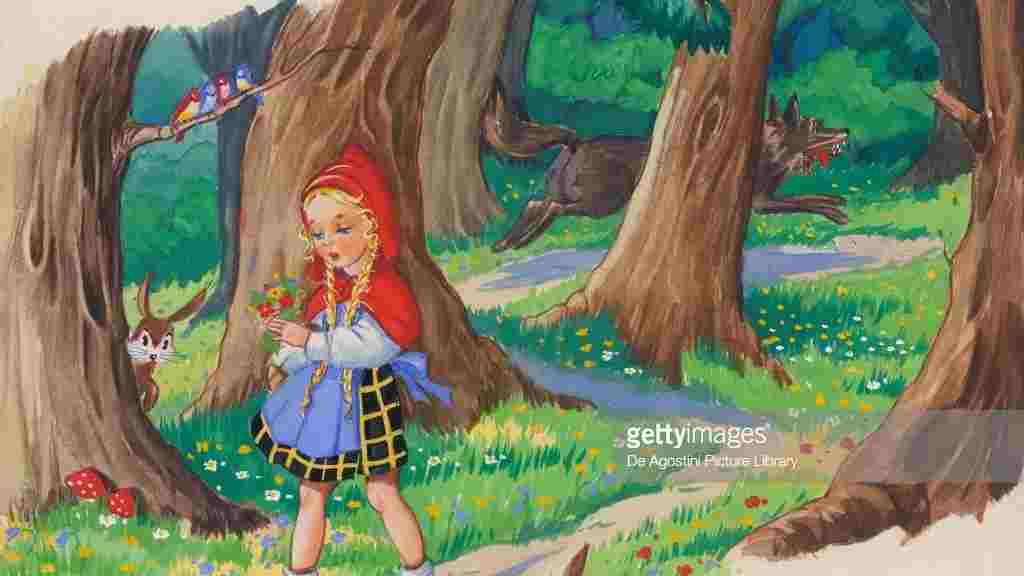People write all kinds of stories. Biographies, historically based fiction, fairytales and more. Every kind of writing has a purpose, so why are fairytales written? Fairytales started as oral traditions and slowly began to be written down. Oral traditions themselves served multiple purposes, one being for entertainment, or they could be to teach a lesson, or possibly pass down family history. Fairytales, in my opinion, have carried on the purpose of entertainment, but also to teach a lesson or moral.
Little Red Riding Hood is a fairly common fairytale that has been shared for generations. As with many other fairytales people grew up with, Little Red Riding Hood has become, for many, something they just know rather than a story they remember reading. But why does it stick with us and what can it teach us? The simple story, often geared towards children, has been retold by many authors—each with a slightly different take. Does this show us that there are perhaps multiple things to take from this childhood favorite?
Specifically, one can learn that you should not talk to strangers. In “The Story of Grandmother,” Little Red Riding Hood makes the mistake of tell the wolf where she is going and he then beats her to Granny’s and almost eats her. She also tells the wolf where she is going in “Little Red Cap,” but this time she gets eaten and is then saved by the wolf. Metaphorically, one can learn that it is important to be cautious. In “Little Red Cap,” she gets eaten partly because she is a little to trusting. These, however, are only a few things to take away from the story of “Little Red Riding Hood.” There are various ways to interpret a story that change what its meaning is.
